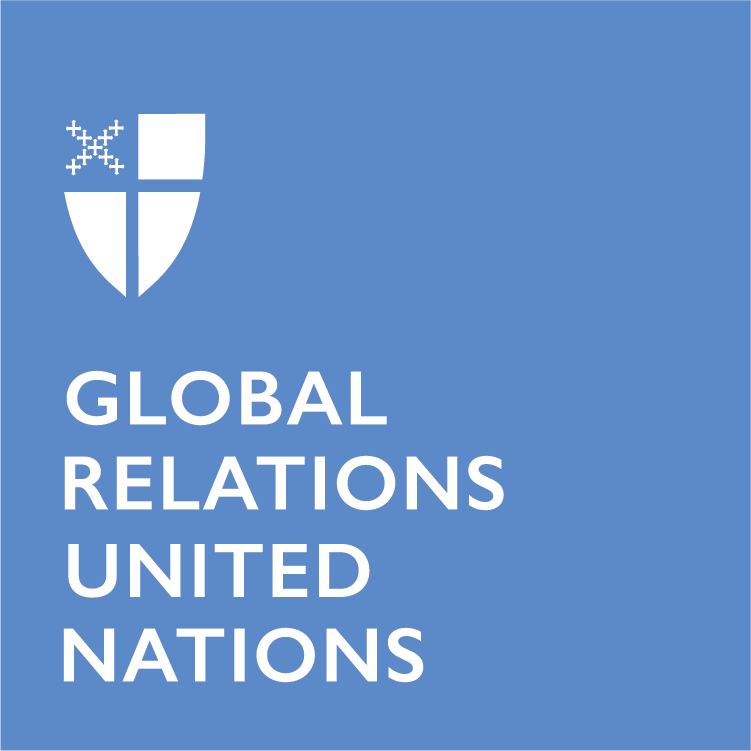The following was written during the United Nations 63rd session of the Commission on the Status of Women, and the language has been preserved to reflect the time of authoring.
Here is a quick “day in the life” of a Commission on the Status of Women delegate. The day starts with 9,000 participants from all over the world wandering around the United Nations complex—quite an overwhelming crowd at times! Once we’ve navigated our way through security, each morning at the UN follows a general layout where we attend side events hosted by various member states, examples being discussions around child brides or digital divisions in the Middle East and North Africa. After two or three side events, we take a lunch break to re-energize ourselves. A few of my favorite lunches are the ham and gruyere crêpes (and brownies!) served at the Vienna Cafe or lunch in the Delegates’ Dining Room overlooking the East River. Then, we go on to attend one or two more side events in the afternoon.
Throughout the day, we mingle in the hallways and share elements of Presiding Bishop Michael Curry’s written statement with others. There are a few key observations of daily life that I have made within the doors of the UN: security, dress, and translators. First, security. You can imagine the perimeter of the UN is under high security, but that is only the surface. To circulate through the four buildings, you must pass through four “checkpoints” using your UN pass to open gates. Additionally, there are security guards throughout the complex. Next is the dress code. There is a general guideline that recommends formal business wear, but that is to your own country’s interpretation. For me, formal business wear consisted of a suit (my first ever) or a nice dress, while other nationalities wore their equivalent. I see many women in their traditional formal wear featuring colorful African headdresses, silk saris, Abaya cloaks paired with traditional hijabs, and more. On to translation. There are six main languages of the UN, each of which has a booth in each conference room to produce translations: English, Spanish, French, Russian, Arabic, and Chinese. I had never seen a system similar to this, and I have spent some time running through the channels and listening to the other languages, especially Spanish since I study it in school.
Finally, we complete the day with the Presiding Bishop’s delegation’s debrief session at 5 p.m. at the Episcopal Church Center. All of the delegates gather and share their learnings, who they met that day, and discuss strategy for influencing the CSW63 Agreed Conclusions to reflect priorities included in our statement. After that, we have dinner with other delegates or attend another event, typically a “parallel event” hosted by an NGO like Athletes for Peace, or just grab takeout and hit the hay. Since I am a minor, I was required to have at least one chaperone, so I was accompanied by my mom and my godmother, Kerri. We stay at an Airbnb just a block away from the UN and the Episcopal Church Center. Every night, we go through the parallel and side event lists for the following day and make our schedule. It’s super busy—no rest for the weary!
I hope this gives you a taste of CSW63, the UN, and the incredible experience!
Charlotte Healy (Diocese of Connecticut, Province III) is a junior at Hopkins School in New Haven. She has been a member of Trinity Episcopal Church in Southport since before she can remember. She has been a member of the Youth Group since sixth grade and a member of the choir since age four. She has witnessed the importance of female’s safety, rights and education through a service trip to Guatemala as well as travels in Asia and North Africa. She has seen challenges women face in US urban centers. She believes that equal opportunity for women is critically important to our future.
